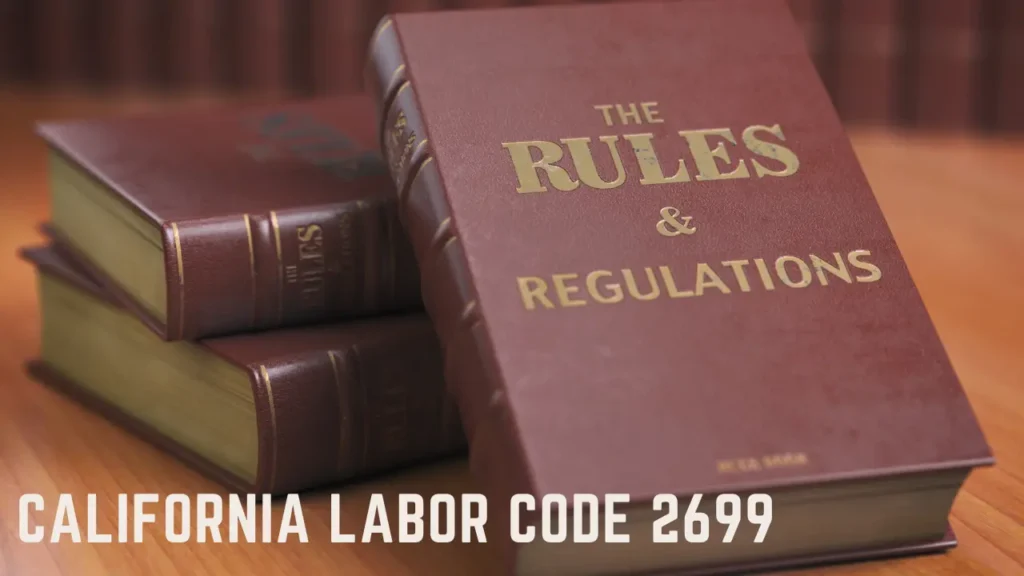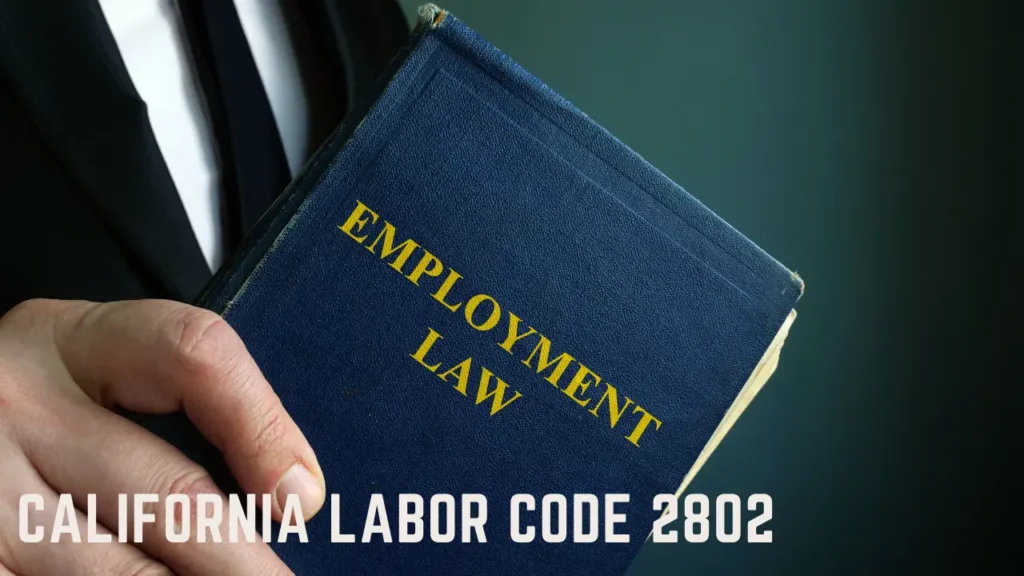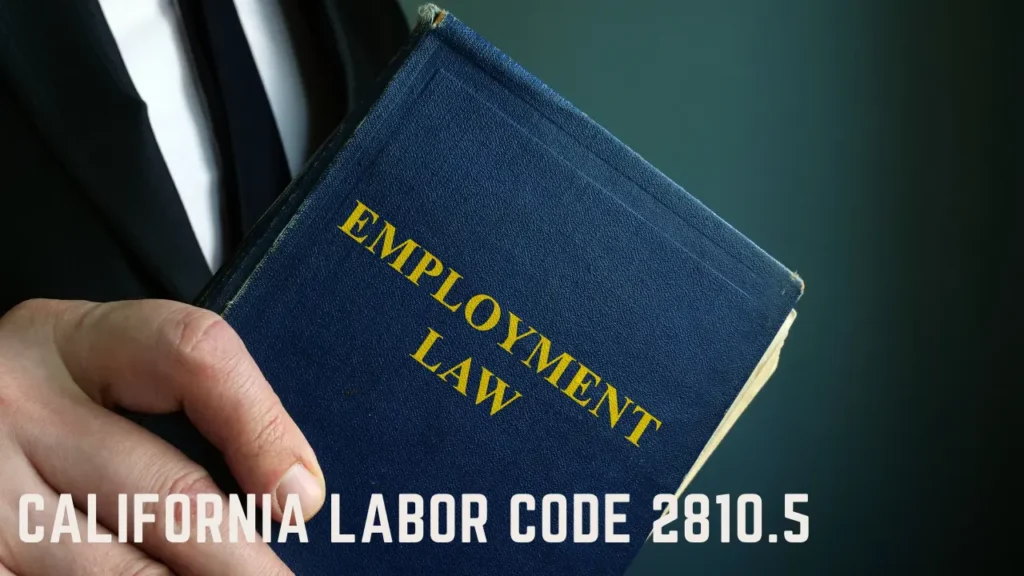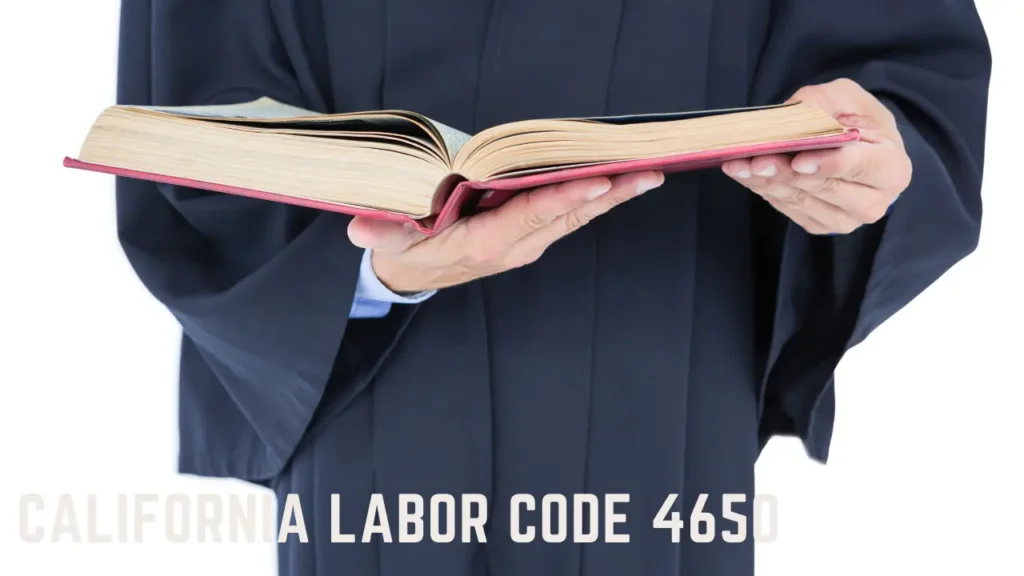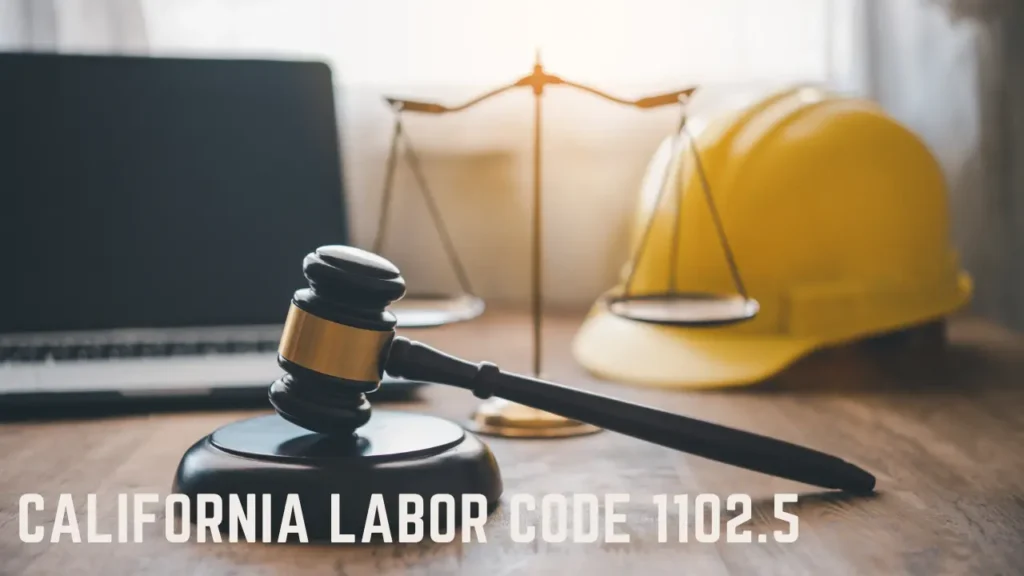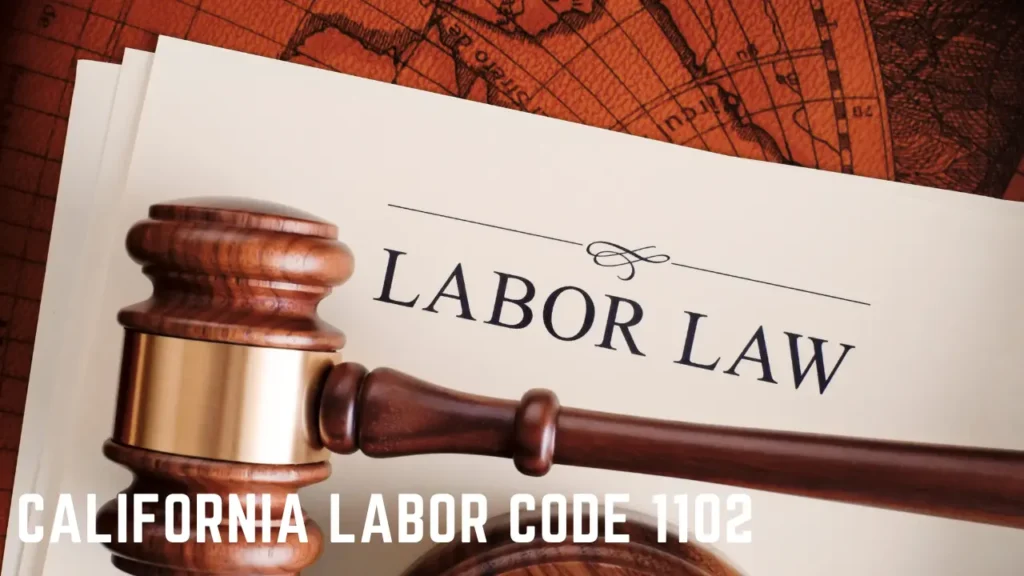Table of Contents
ToggleEmployers, particularly those managing businesses with over 25 employees, also need to be well-versed with the obligations and accommodations required under this law. While the law clearly states its purpose and guidelines, navigating its intricacies can be challenging, especially when it comes to eligibility, notification protocols, protections, and potential legal consequences for violations.
Let us embark on an in-depth exploration of Domestic Violence Leave in California, demystifying its workings for those affected by domestic violence and the employers committed to supporting them.
Definition and Purpose of Domestic Violence Leave
Domestic violence leave, as defined under California Labor Code Section 230, serves a crucial purpose by allowing employees who are victims of domestic violence to take necessary time off from work.
This leave provision is designed to offer employees the space and time to handle legal matters related to the violence, seek medical or mental health treatment, and take steps to ensure their personal safety.
In addition, it can be utilized to secure their participation in any court proceedings, including providing testimony against the perpetrator.
It is essential to note that the law applies to all employees within companies with more than 25 employees, irrespective of where the violence occurred, ensuring a broad scope of protection.
Eligibility and Notification Protocols
While the provision of this critical leave offers extensive protection, it is incumbent upon the employees to meet certain eligibility criteria and observe specific notification protocols to benefit from it.
All California employees working in companies with more than 25 employees are eligible for domestic violence leave, with no restrictions on gender, age, or the location of the violence incident.
The employee needs to provide reasonable advance notice to the employer, except in cases where it is not feasible. During urgent situations, the employer might demand written documentation to substantiate the reason for leave.
These measures are designed to ensure that the leave is granted appropriately and effectively, supporting the individuals in need while maintaining necessary business operations.
Employer Accommodations and Protections
Upon notification of an employee’s intent to take domestic violence leave, employers are mandated by California law to provide reasonable accommodations and protections. These are designed to ensure the employee’s safety and facilitate the continuation of their work.
Employers’ responsibilities include:
- Making adjustments to the employee’s work schedule or work location, to limit potential contact with the perpetrator.
- Implementing additional security measures, such as installing locks or changing phone numbers, to enhance the employee’s safety at work.
- Respecting the employee’s confidentiality regarding the situation, to protect their privacy and dignity.
Failure to provide these accommodations or any form of discrimination or retaliation against the employee is prohibited and can lead to legal consequences for the employer.
Consequences for Employer Violations
Violating the provisions of Domestic Violence Leave in California can lead to serious repercussions for employers. If an employer fails to comply with the obligations, such as not providing leave or retaliating against an employee who has sought leave, the employer may face legal consequences. These can range from fines to lawsuits and can significantly impact the company’s reputation and financial standing.
Employees who believe their rights have been violated can file a complaint with the California Labor Commissioner’s Office. The process can be complex, however, and seeking legal advice is often recommended.
Ultimately, it is in the best interest of all parties for employers to fully understand and adhere to the laws regarding Domestic Violence Leave in California.
Duration and Usage of Leave
Having considered the potential consequences for employers who fail to comply with California’s domestic violence leave laws, it is equally important to understand the specifics regarding the duration and usage of this leave.
Employees in California are entitled to take up to 10 days of leave per year in relation to domestic violence issues. This period can be used all at once or intermittently, depending on the needs of the employee.
The usage of the leave is quite flexible and can include situations such as:
- Seeking medical attention for injuries;
- Obtaining court orders such as restraining orders;
- Attending counseling sessions.
The ultimate aim of this provision is to protect victims of domestic violence and allow them time to handle associated matters without fear of losing their jobs.
Confidentiality and Employee Rights
One crucial aspect of domestic violence leave in California is the confidentiality and rights accorded to the employee, designed to protect their privacy and shield them from potential discrimination or retaliation.
Employers are obligated to respect the privacy of the employee by maintaining the confidentiality of any information or documentation related to the employee’s leave. This includes the reason for the leave, any medical or legal documents, and any accommodations made.
Furthermore, employers are expressly prohibited from retaliating against an employee who takes domestic violence leave. This means that they cannot fire, demote, or otherwise penalize an employee for exercising their right to take leave.
These protections are enshrined in California Labor Code Section 230 and are enforced by the California Labor Commissioner’s Office.
Conclusion
In conclusion, Domestic Violence Leave under California Labor Code Section 230 provides crucial support for employees dealing with the ramifications of domestic violence.
It is crucial for both employees and employers to understand the leave’s purpose, eligibility criteria, employer obligations, potential consequences for violations, leave duration, usage, and confidentiality requirements.
This understanding allows for optimal utilization and protects against potential legal repercussions, thereby creating a better work environment for all involved.





